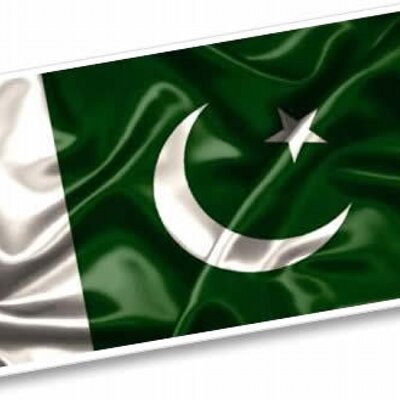
WASHINGTON (TIP): The United States and India have begun conversations about Pakistan’s runaway nuclear weapons program, including its development and deployment of battlefield tactical nuclear weapons, in the backdrop of the nuclear security summit that opens here on March 31.
Prime Minister Narendra Modi is expected in the US capital on Thursday morning, but ahead of his arrival, National Security Advisor Ajit Doval and his US counterparts and other senior American interlocutors have been discussing the progress in India’s ties with Pakistan, including complications arising from the patronage of terrorist groups by sections of the Pakistani establishment, and its nuclear posture.
The Pakistani headache featuring in talks with Doval was revealed by US Secretary of State John Kerry, when he referred cryptically to Washington having “serious questions” about “some choices” being made in the region that “may accelerate possible arms construction.”
“We’ve raised them with various partners in the region. So our hope is that this Nuclear Security Summit will contribute to everybody’s understanding about our global responsibilities and choices,” Kerry said, without directly naming Pakistan.
There was little doubt Kerry’s remarks were directed at Pakistan, which has bailed out of the summit citing the terrorist attack in Lahore, one of dozens in the country over the past decade that has not persuaded its establishment to jettison a policy of fostering extremist groups.
”India has a very important role to play with respect to responsible stewardship of nuclear weapons and nuclear materials. India has a long record of being a leader, of being responsible, and it is particularly important right now at a time when we see in the region some choices being made that may accelerate possible arms construction, which we have serious questions about,” Kerry, with Doval beside him, said in a vote-of-confidence in New Delhi.
Earlier, President Obama telephoned Pakistan’s Prime Minister Nawaz Sharif to condole the death of more than 70 persons n the Lahore bombing, while also “expressing his understanding of Sharif’s decision to cancel his visit to the United States and remain in Pakistan following this terrorist attack,” according to the White House.
”This callous and appalling attack against innocent civilians, many of them women and children, underscores the critical danger that terrorism poses inside Pakistan, throughout the region, and around the globe,” a White House readout of the call quoted Obama as saying.
Pakistan has sent a low-level representation to the summit, evidently apprehensive about having to explain its decision to build tactical battlefield nuclear weapons in a situation where its home grown terrorists and mutinous extremist military personnel have attacked several military installations in the country, including the army headquarters and navy and air force bases.
The possibility of a nuclear conflagration between India and Pakistan had been dubbed a ”pink flamingo” scenario, from a term coined by security analyst Frank Hoffman to describe events that are predictable and fully visible, but almost entirely ignored by policymakers (as opposed to Black Swans, which are unpredictable and unforeseen).
Evidently, THIS pink flamingo is not something that will remain unnoticed or unaddressed.
The choice of Doval to play Sherpa to the Prime Ministerial visit rather than external affairs minister Sushma Swaraj suggests the New Delhi and Washington are developing a deep security relationship in addition to extensive military and diplomatic ties. Enigmatic comments and cryptic statements bear this out without shedding too much light on the depth of the engagement.





Be the first to comment